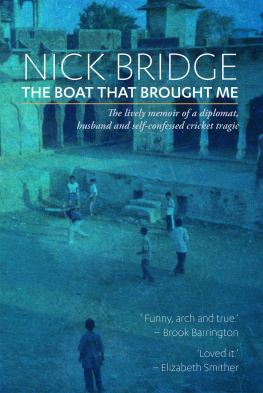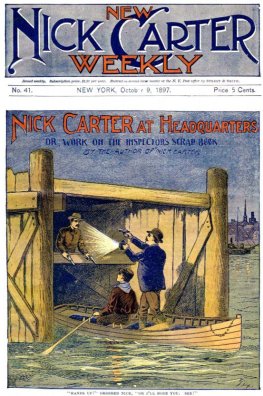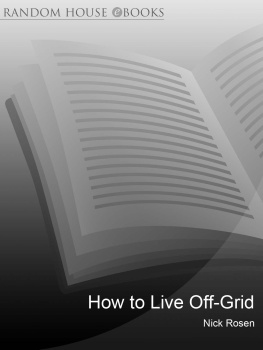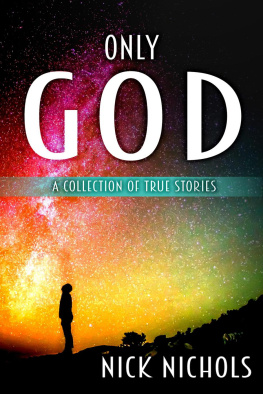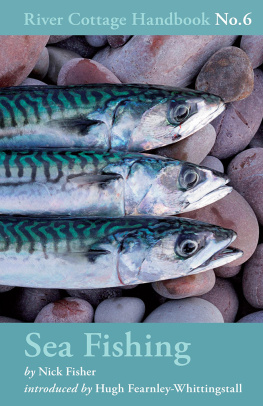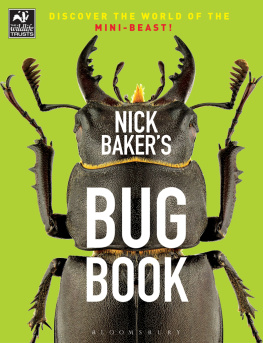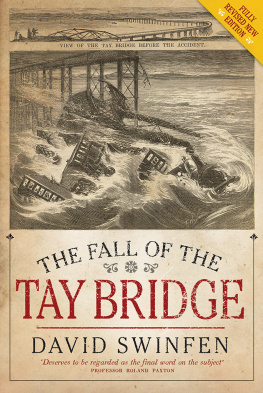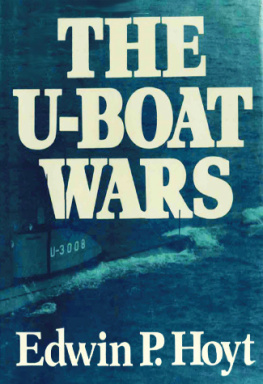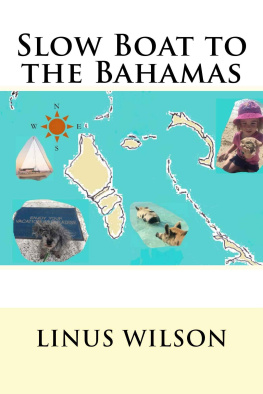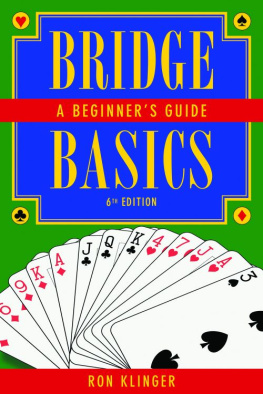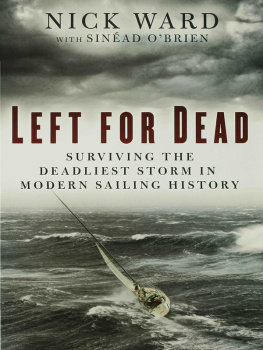Nick Bridge - The Boat that Brought Me
Here you can read online Nick Bridge - The Boat that Brought Me full text of the book (entire story) in english for free. Download pdf and epub, get meaning, cover and reviews about this ebook. publisher: The Cuba Press Ltd, genre: Non-fiction. Description of the work, (preface) as well as reviews are available. Best literature library LitArk.com created for fans of good reading and offers a wide selection of genres:
Romance novel
Science fiction
Adventure
Detective
Science
History
Home and family
Prose
Art
Politics
Computer
Non-fiction
Religion
Business
Children
Humor
Choose a favorite category and find really read worthwhile books. Enjoy immersion in the world of imagination, feel the emotions of the characters or learn something new for yourself, make an fascinating discovery.
- Book:The Boat that Brought Me
- Author:
- Publisher:The Cuba Press Ltd
- Genre:
- Rating:4 / 5
- Favourites:Add to favourites
- Your mark:
- 80
- 1
- 2
- 3
- 4
- 5
The Boat that Brought Me: summary, description and annotation
We offer to read an annotation, description, summary or preface (depends on what the author of the book "The Boat that Brought Me" wrote himself). If you haven't found the necessary information about the book — write in the comments, we will try to find it.
The Boat that Brought Me — read online for free the complete book (whole text) full work
Below is the text of the book, divided by pages. System saving the place of the last page read, allows you to conveniently read the book "The Boat that Brought Me" online for free, without having to search again every time where you left off. Put a bookmark, and you can go to the page where you finished reading at any time.
Font size:
Interval:
Bookmark:

Nick Bridge 2019
Nick Bridge asserts his moral right to be identified as the author of this book.
This book is copyright apart from any fair dealing as permitted under the Copyright Act, and no part may be reproduced without permission from the publisher.
Poems by Diana Bridge used by kind permission. English visit from In the Supplementary Garden (Cold Hub Press, 2016); The end of the Raj from Two or More Islands (OUP, 2019).
Edited by Sarah Bolland and Mary McCallum
Typesetting, book and cover design by Sarah Bolland.
Cover image: The author batting against an All India XI. Mughal tomb, Rajasthan. Photo by Colin Perchard, Head, British Council, New Delhi.
A catalogue record for this book is available from the National Library of New Zealand.Kei te ptengi raraunga o Te Puna Mtauranga o Aotearoa te whakarrangi o tnei pukapuka.
ISBN 978-0-9951154-4-6 (pbk); 978-0-9951154-6-0 (epub)
Wayfarer
(an imprint of The Cuba Press)
Box 9321, Wellington, Aotearoa New Zealand
To Diana, who had an invaluable influence on the choice of campaigns and how they were tackled.
Life can only be understood backwards; but it must be lived forwards.
Sren Kierkegaard
Early English years
Ive led a lucky life, and sometimes I feel a bit guilty about it. Theres also time torn off unused, to quote Philip Larkin, a favourite poet of mine. I guess most of us have some of that. Living through the western affluence of some seventy-five post-war years, I sometimes wonder, towards the end of an innings, about the rightness of it all.
Amidst all my good fortune, three things especially stand out: moving to New Zealand as a youngster, meeting and marrying Diana, and having a deeply interesting career. A happy and optimistic disposition would probably come in fourth.
First, a quick glance ahead to 1968.
Morning, Bruce, said Keith Holyoake, looking at me as he got into the venerable lift at Parliament Buildings in Wellington.
Good morning, Prime Minister, I replied.
A colleague nudged me but I took no notice. If the PM calls you, a young neophyte, by anothers name theres no cause to put him right. As they say in cricket lucky to get a touch.
Holyoake repeated his greeting a few days later. It was clear that he was mistaking me for a senior Foreign Affairs staffer whom, as it happened, I was working under at the time. We looked quite similar: prominent noses, full heads of brown hair, and heavy rimmed glasses. Bruce Brown had been called back to Wellington from the United Nations to organise and run the 1968 South East Asian Treaty Organisation (SEATO) Conference the largest to date that New Zealand had held. I was the SEATO desk officer, a dogsbody in my second year in the department.
A week or so later and the same thing happened. By this stage my friends were dining out on the encounters and it was clearly too late to put matters to rights. This time my chief was also in the lift. Ralph Mullins was a high flyer with a keen and subversive sense of humour. As we walked round to the department he asked what was going on. I explained. He grinned. Agreed that it was too late to do anything. Had I told Bruce? Yes.
A couple of hours later Mullins put his head round the door of the room that housed the cadets and asked me to follow him. He had Bruce Brown with him. Were going to brief the PM on the SEATO arrangements. Given you do all the donkey work, I thought you should come along for once. No need to say anything.
He was, I could sense, quivering with anticipation. We went into Holyoakes office. He began to greet us with his customary goodwill. Then stopped short seeing two Bruces. Ralph introduced me. The prime minister frowned. Next time he contented himself with just a good morning to the lift at large. No names, no pack-drill.
The 1950s
All of that was a considerable advance on what would have lain ahead for me had a large map of New Zealand not arrived on my desk one morning, twelve years before, at my school in England.
It was early 1956 and my last year at prep school in Hampshire. I was destined for what? Certainly not exchanging morning greetings with one of Anthony Edens successors. I was coming up to sit Common Entrance the exam that led to a Public School or extinction.
Each year our headmaster arranged for the senior boys to sit the Eleven Plus exam as an experiment, even though it would have no bearing on our own education path. It was this exam that determined whether state school students went to secondary modern or, if they were clever, to a local grammar school. In our prep-school caps and blazers we went on our school bus to the local primary school, where we were regarded with puzzled hostility by the inmates.
We sat the exam and we all failed, as our predecessors had in the years before. We knew our Latin, our Shakespeare, our irregular French verbs, our victorious English history but hadnt a clue about multiple-choice and problem-solving questions.
That map of New Zealand came in an envelope that landed on my head boys desk with a thump. I used to get three or four letters a term if I was lucky. Some of my friends got three or four a week. But they had mothers.
My mother, Tilly, whom everyone had loved, had died in 1948 when I was five and we were living in Jersey in the Channel Islands. It was the warmest place in the UK, so my fathers firm had posted him there after the war for my mothers health. She had TB and the treatment was in its infancy.
Part of the Armenian diaspora, Tilly had lived in Burma and India all her life except for some schooling in Europe. My father, Francis, an English boxwallah from Oxford, had been posted to Burma and then on to India by his insurance company. He met Tilly in Calcutta, where they married in 1937. In 1939 at the outbreak of war, he joined the RAF and took her to his posting in Doncaster, where he spent the war as an assistant adjutant on a Bomber Command air base. In his thirties, he was too old to fly. The Yorkshire wartime winters were unkind to a young woman from the Far East.
At age five, I started school in Jersey De La Salle College with its Gothic buildings and forbidding priests, even in the junior school. Then after my mother died and my father was posted back to England, I was sent to live with family friends, the Playfair sisters, who looked after me fondly. I went to the local school. After a year I went back to England to live with one of my mothers cousins, Dora Marcy, and her husband, Boy, in Weybridge, Surrey, for two happy and loving years.
I went to the same school as their daughter, my cousin Carole, and we became almost brother and sister. To all intents and purposes I was adopted by her parents. I am still close to Carole. A retired solicitor, she and her husband live near Weybridge. Our previous chief justice, Sian Elias, is Caroles cousin. Now she has retired after twenty illustrious years, I can no longer go around saying, My cousin, the chief justice.
When my father remarried, I rejoined him, and we lived in a celebrated pub called the Wheatsheaf owned by my stepmothers family, the Reids in Newport on the Isle of Wight. I spent a miserable term or two at a local school before being packed off to Broadlands, a boarding school in Petersfield, Hampshire. Mountbattens place of the same name was not far away. It was a lovely part of England. Still is.
It was there, some five years later, that I opened the envelope containing the map of New Zealand together with an attractive brochure about a new passenger ship, the Southern Cross, that sailed to Australia and New Zealand through the year. There was a rare accompanying letter: Dear Nicky, this is to let you know that well be going to New Zealand to live at the end of next month. Love, Daddy.
Font size:
Interval:
Bookmark:
Similar books «The Boat that Brought Me»
Look at similar books to The Boat that Brought Me. We have selected literature similar in name and meaning in the hope of providing readers with more options to find new, interesting, not yet read works.
Discussion, reviews of the book The Boat that Brought Me and just readers' own opinions. Leave your comments, write what you think about the work, its meaning or the main characters. Specify what exactly you liked and what you didn't like, and why you think so.

